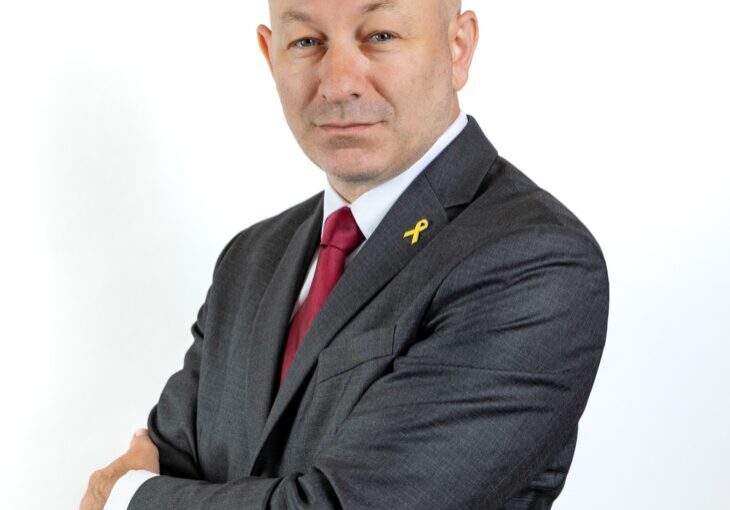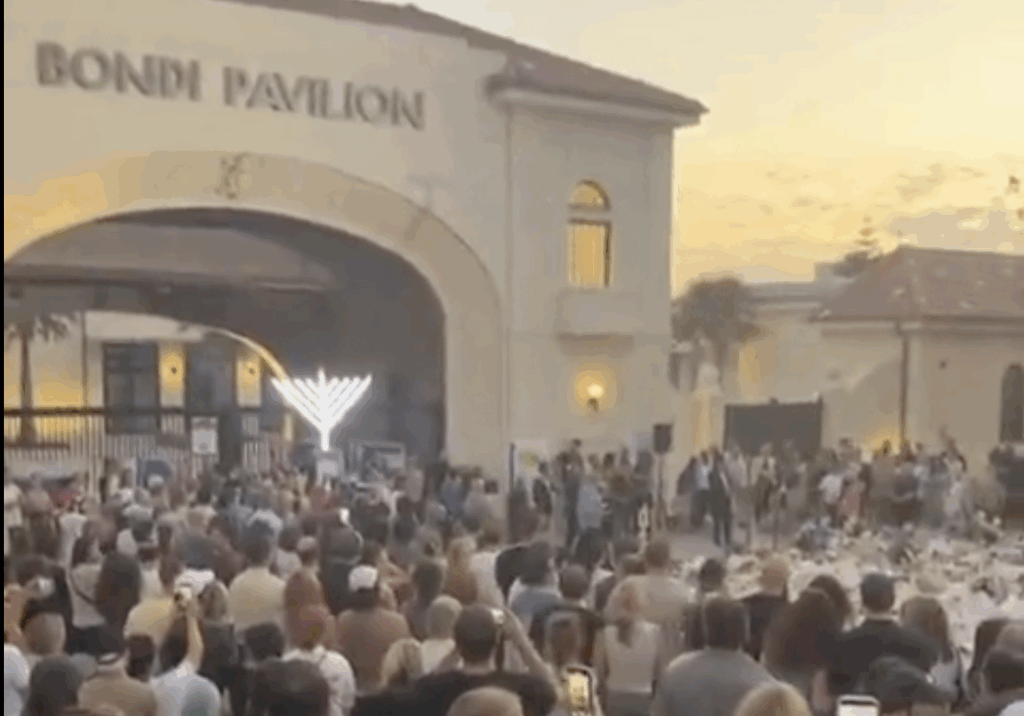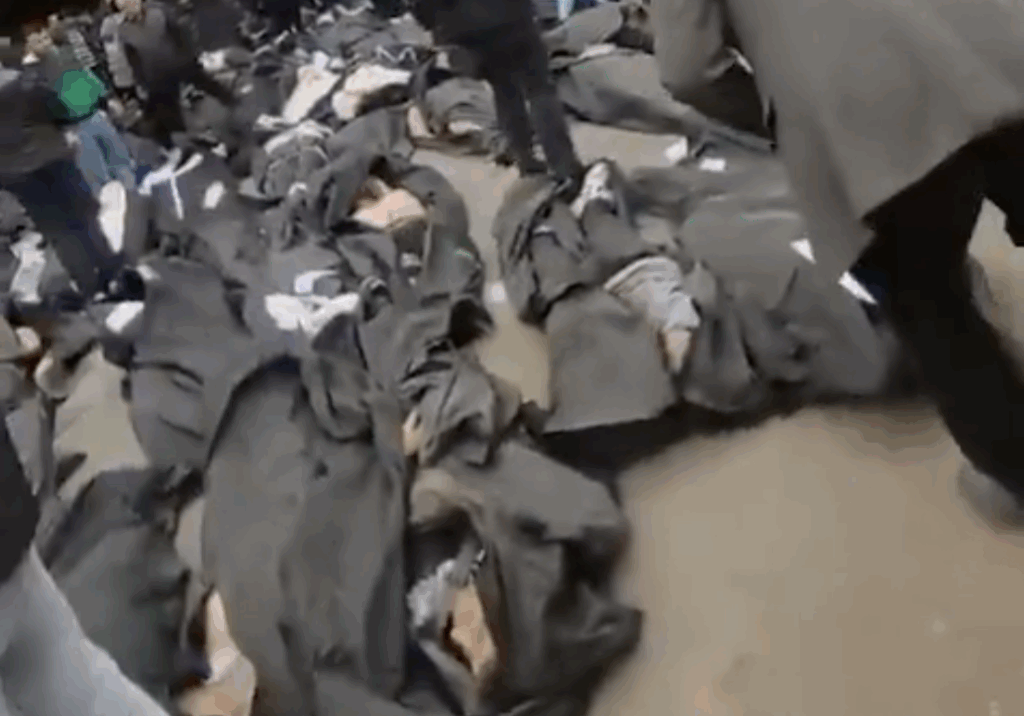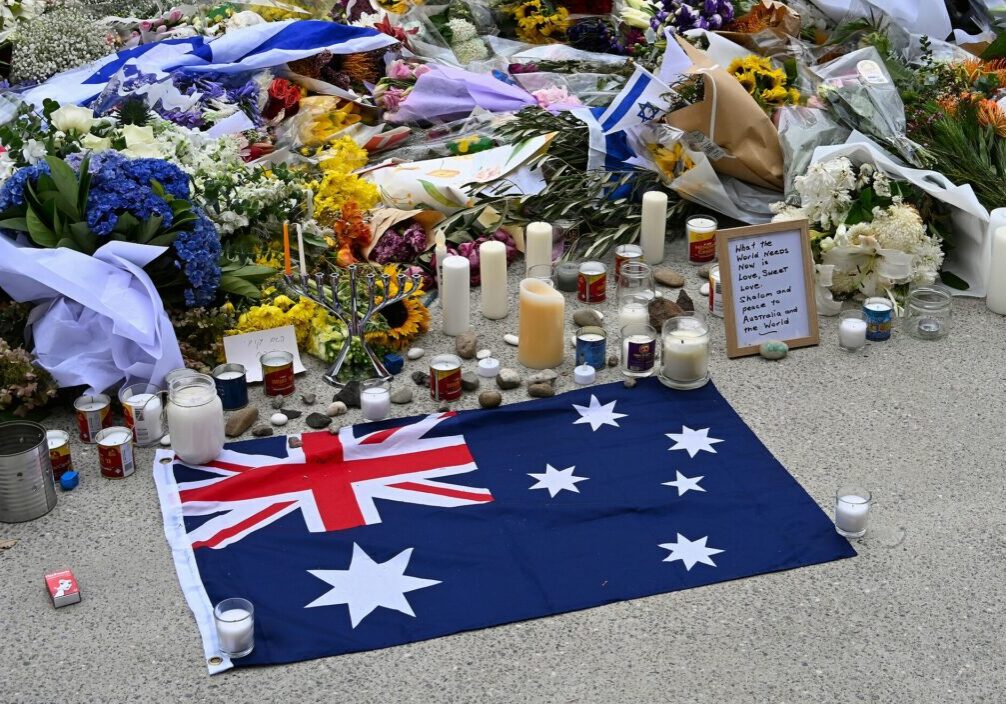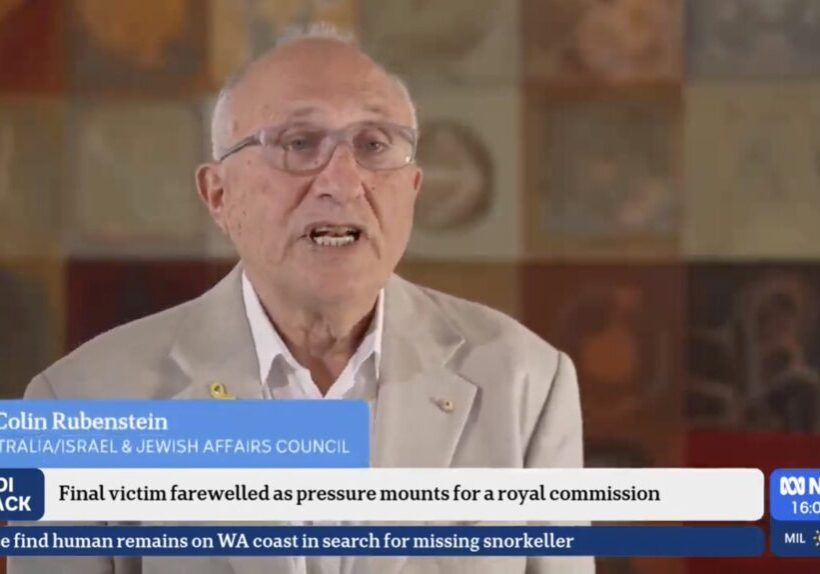Australia/Israel Review
Asia Watch: Trouble at home
Dec 20, 2023 | Michael Shannon
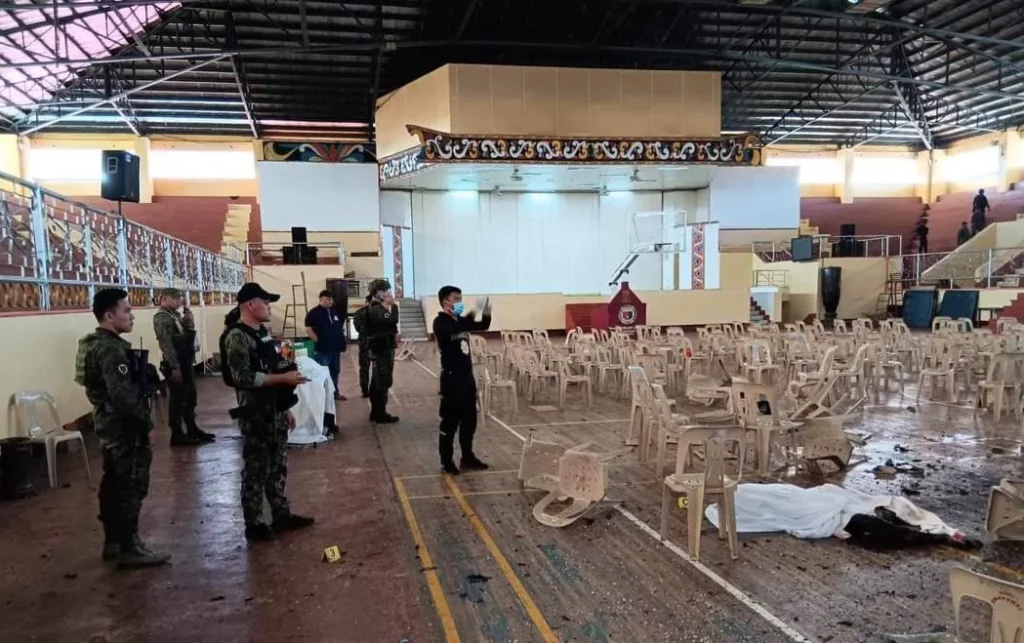
Aside from the Israelis themselves, the Philippines was among a handful of countries directly affected by Hamas’ horrific attack upon Israel – an unsurprising fact given there are approximately 40,000 Filipinos working in Israel. Exposure to the Middle East conflict has recently coincided with deadly Islamist violence at home.
Three Filipinos were killed in the violence on October 7, while 22 hostages were rescued by Israeli forces that day. The final two were released during the week-long ceasefire: Jimmy Pacheco, a caregiver, who met with Israeli Foreign Minister Eli Cohen following his release; and Noralin Babadilla, also a caregiver, who was visiting friends in Kibbutz Nirim with her Israeli husband when Hamas attacked. Her husband, Gideon Babani, was killed. With their release, “all Filipinos affected by the war have been accounted for,” wrote President Ferdinand Marcos.
The Philippine Embassy in Israel announced on Facebook that the Israeli Government would provide the hostages and their immediate family lifetime social security benefits and regular stipends similar to those given to Israelis who are victims of terrorist attacks.
At the time that three Filipinos lost their lives in the Hamas attack, the Philippines’ National Security Council confirmed that two alleged operatives of Hamas tried to operate in the Philippines in 2018 and 2022, while also attempting to join forces with local insurgent groups.
It is in this context that Manila has emphasised its support for Israel, while National Security Adviser Eduardo Año also noted that the Anti-Terrorism Council would work to designate Hamas under the Anti-Terrorism Act.
While Israel has long retained broad support among the majority Christian population, Manila is also cautious of the sentiments of its Muslim minority, largely situated in Mindanao. Carrying Palestinian flags, Muslim Filipinos have protested against Israel’s military operation in Gaza, but Manila’s main concern was conveyed in Philippine Secretary of Defence Gilbert Teodoro’s warning of domestic “ISIS spinoffs” that may seek to imitate the Hamas attacks.
His remarks were shown to be prescient in light of the bomb attack at a Catholic Mass in Mindanao on Dec. 3 that killed four people and injured dozens, which has been claimed by Islamic State.
The explosion occurred at 7:30 am at the Mindanao State University gymnasium in Marawi city. At the time, the gymnasium was hosting a Catholic mass to mark the First Sunday of Advent.
Marawi became known worldwide when it was taken over by militants linked to IS in 2017 and during the five-month battle that followed, at least 1,200 militants, soldiers, police and civilians were killed before the military regained control of the city.
In a statement on the day of the attack, IS said on its website that “soldiers of the Caliphate detonated an explosive device on a large gathering of Christians… in the city of Marawi,” according to the SITE Intelligence Group, an American counterterrorism consultancy. IS also said it was behind the attack on Telegram, Reuters reported.
Earlier in the day, President Ferdinand Marcos Jr. blamed foreign terrorists for the attack, without elaborating. “I condemn in the strongest possible terms the senseless and most heinous acts perpetrated by foreign terrorists upon the Mindanao State University and Marawi communities early this Sunday morning. Extremists who wield violence against the innocent will always be regarded as enemies to our society,” Marcos said in a statement.
Armed Forces of the Philippines chief Gen. Romeo Brawner Jr. said the attack could be a retaliatory strike for a government offensive on Dec. 1 that killed 11 members of the local Daulah Islamiyah cell in Maguindanao province.
The Daulah Islamiyah is the Filipino name for the Islamic State. Its membership comprises fighters from several Filipino militant factions, including the Maute Group, which had provided men and logistics during the siege of Marawi by pro-IS fighters in 2017.
Also on Dec. 3, military forces killed militants identified as Mundi Sawadjaan and Jalandoni Lucsadato in coordinated actions. Authorities identified Mundi, a sub-leader of Abu Sayyaf Group and nephew of the late Hatib Hajan Sawadjaan who was Abu Sayyaf’s presumed leader, as the mastermind of twin suicide bombings that killed 14 people in August 2020 on the island of Jolo, from where the Abu Sayyaf originated. A year earlier, he plotted a suicide bombing at Jolo Cathedral, leaving 23 people dead, including an Indonesian couple blamed for the attack.
According to Reuters, police offices in Mindanao and the capital region have been placed on high alert, while police checkpoints have been tightened to prevent possible follow-up incidents as Christmas approaches.
Tags: Hamas, Islamic Extremism, Israel, Philippines, Terrorism

